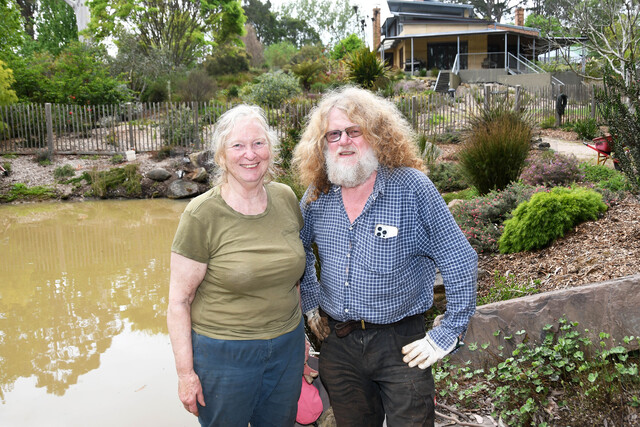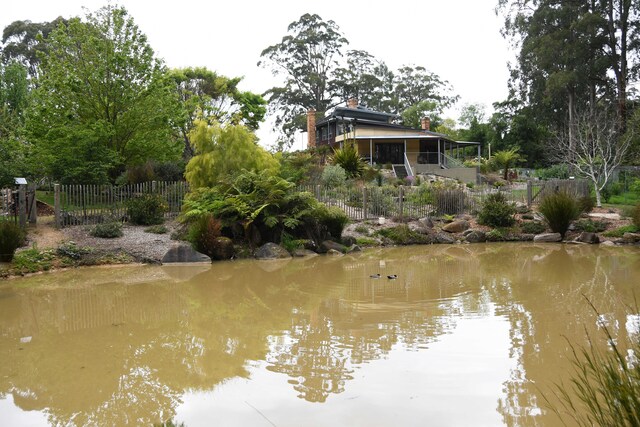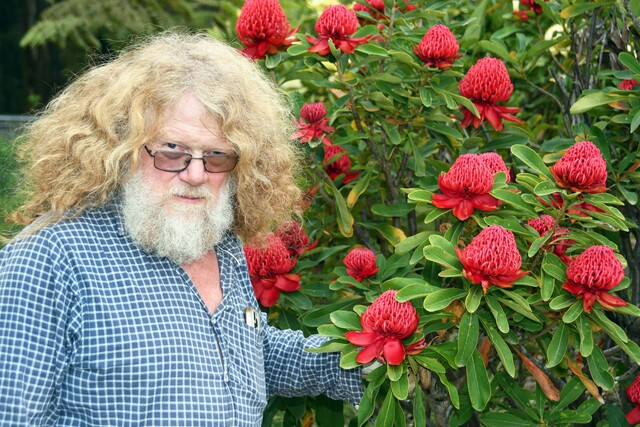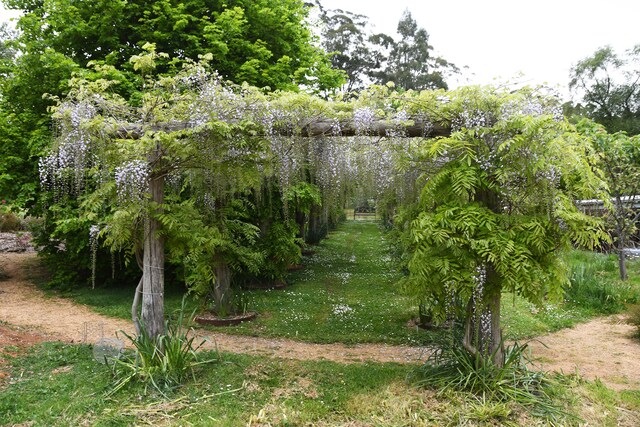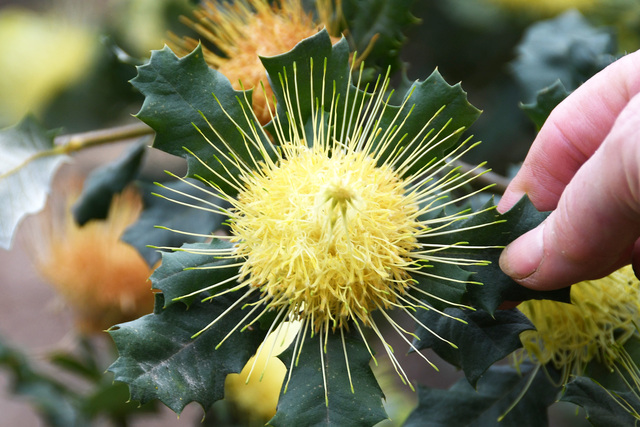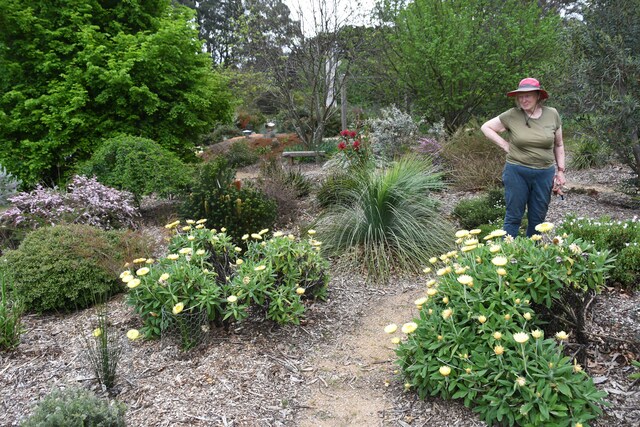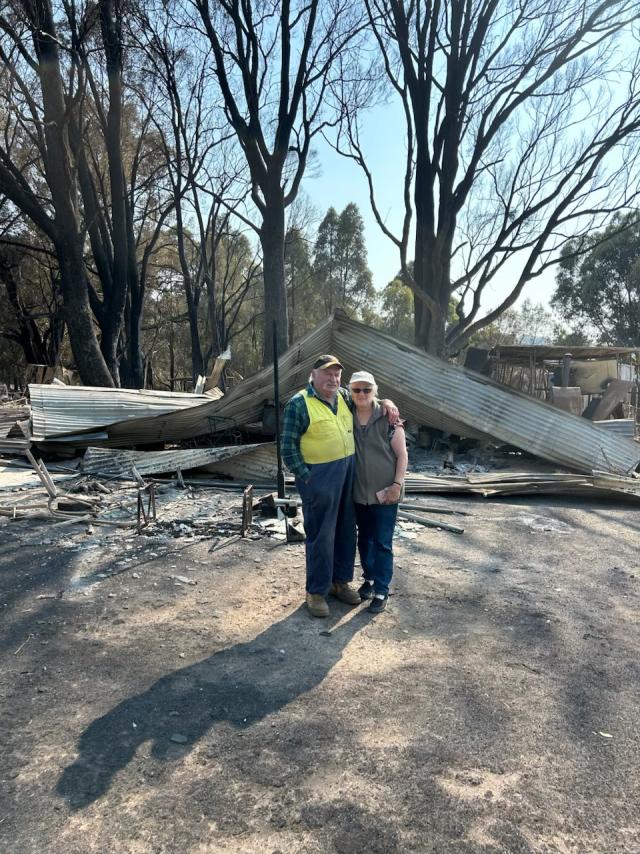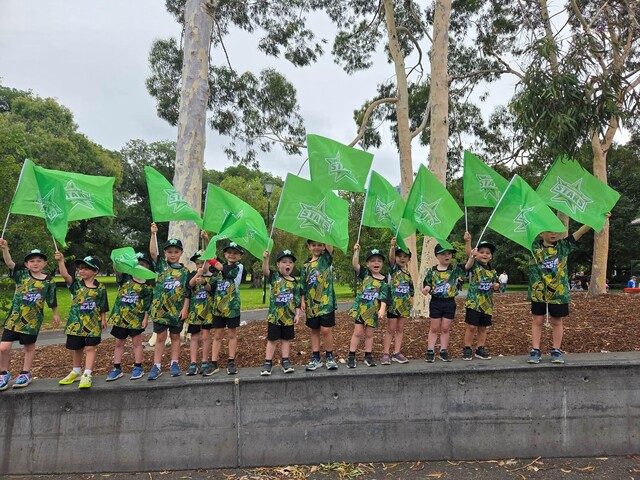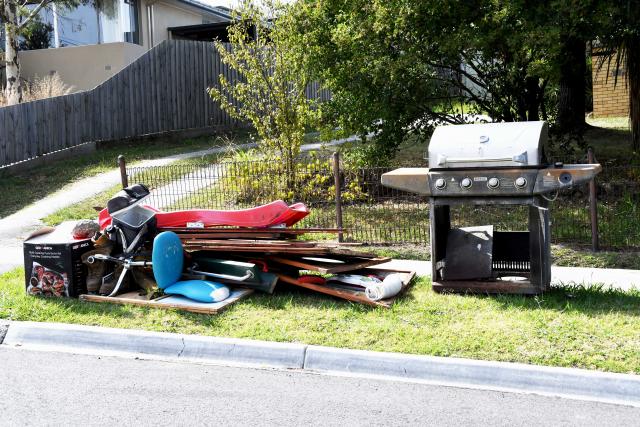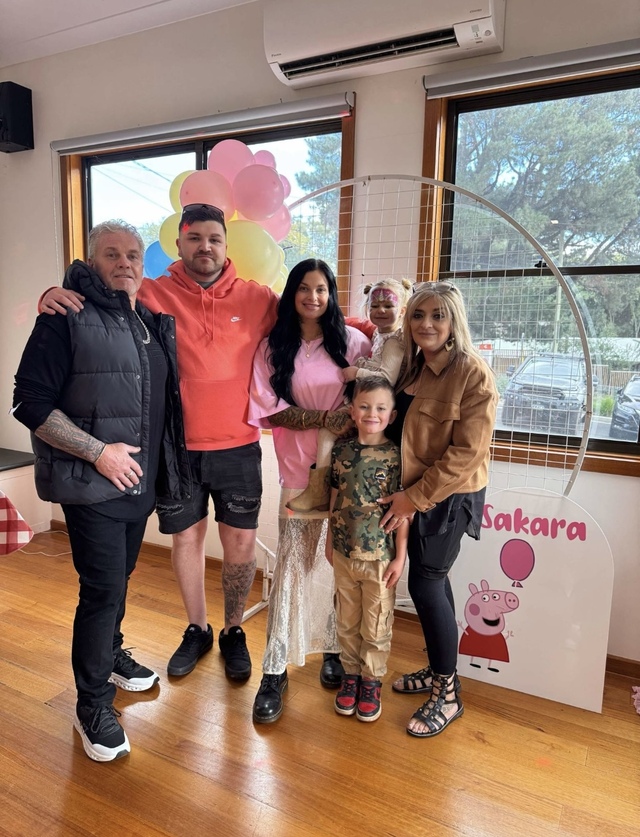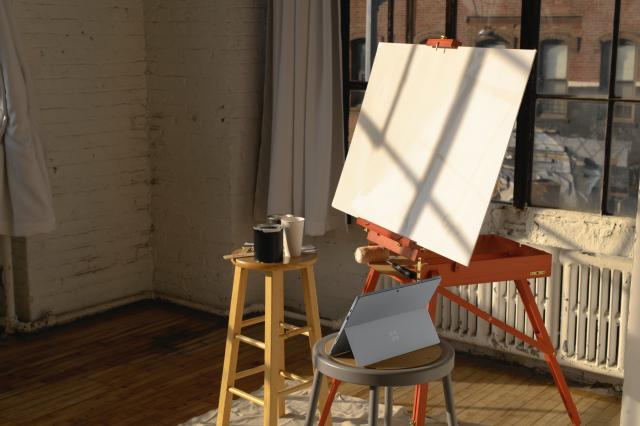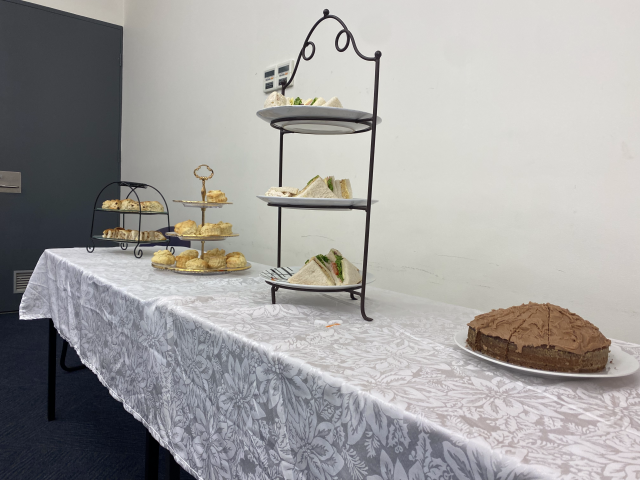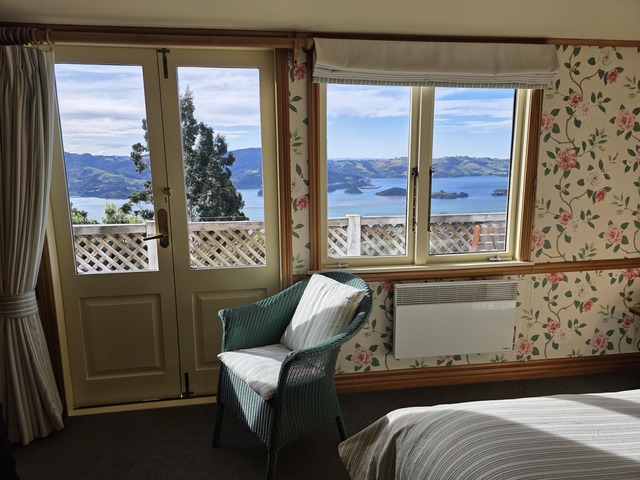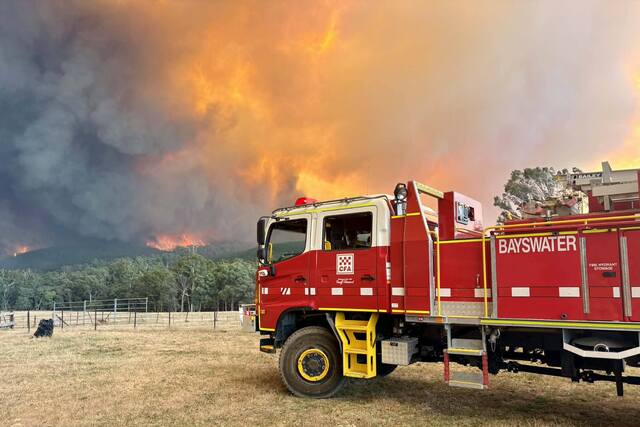Olinda’s stunning two-hectare Eungella Garden is a “place in the clouds,” owned by Professor Jan Coles and Dr Andrew Watkins, the garden is surrounded by Mountain Ash trees on two sides and the National Rhododendron Gardens across the road, this garden is more than just a beautiful landscape for the couple, it’s their home.
The couples moved to their current home just over seven years ago from an old soldier settler home in Hampton to be closer to daughter who lives in The Patch.
“Our daughter was pregnant and living nearby, while our two sons were overseas, so we decided to move here to be closer to her, our son-in-law actually sent us a link to this place as a joke, saying we might want to check it out – Andrew and I came up, and we instantly fell in love with the space,” Professor Coles said.
“It had everything we dreamed of, so we put in an offer almost straight away and moved up here.”
Most of the infrastructure was already set up by the previous owners, but it didn’t take the couple long to transform the spacious area into a vibrant space.
“When we arrived, a lot of the infrastructure was already in place, Steve had done an amazing job managing stormwater and making the space as self-sufficient as possible, however, the planting was quite limited, with only four main plants and a somewhat bare look – we thought the space deserved more, so we brought in Phil Johnson to help us with the landscaping and layout,” she said.
“Since then, we’ve been adding a diverse range of native plants to attract birds, butterflies, and as many creatures as possible to share this beautiful space with us.”
The couple said they waited for about six-months to see how they’d use the space before making any changes.
“While we kept the billabong intact, we added paths and seating areas so you could actually be in it, rather than look at it,” Professor Coles said.
“We quickly started diversifying the plantings, removing grapevines for wisteria, and creating a top garden for smaller native plants.”
Their main goal has been to make the space more inviting and diverse for native animals and birds.
“We wanted to diversify the plantings and create more layers in the garden, which provides understory for small birds to hide from bullying bird like wattle birds and magpies – since making these changes, we’ve noticed an increase in little yellow robins, honey eaters, spinebills, and other small insectivores,” Dr Watkins said.
“We’ve also seen a greater variety of butterflies, frogs, and native bees, along with the bees from our hive.
The couple’s main challenges in building their garden have been managing deer and rabbits, along with the physical demands of maintaining a large space, but the joy of the garden far outweighs these challenges.
“The highlight for us has been the creatures that have come to share the garden, just the other day, while retrieving the fire hydrant after a burn-off, I spotted a lyrebird in my garden, tail up, I’ve rarely seen a lyrebird in the wild, so having one here in my own garden was incredible, even with mulch everywhere – being able to share this space with such wildlife is what truly makes it special for us,” Professor Coles said.
For Professor Coles, who previously worked in family violence, the garden has become a healing space for the whole family.
“The garden hasn’t just been a healing space for me but also for my grandson, Arthur who spent 12 months in the hospital, and when he finally got out, the first thing he did was lie on the bridge by the creek, letting the water run through his hands,” she said.
“It’s special because we didn’t design the garden with that in mind, yet it has become a refuge for so many people.”
The garden is mostly filled with native plants, but it also includes some European species, as well as proteas and leucadendrons from South Africa.
There are two orchards – one at the top and one at the bottom, featuring numerous apple trees, along with some pears, quinces, blueberries, and raspberries for the grandchildren.
The couple are planning to replace Western Australian plants with rare and endangered ones from Victoria and New South Wales. The garden is open to the public and has become a community hub for various groups.
The garden has been a valuable resource for teaching their grandchildren where fruits come from – it doesn’t come from a supermarket.
“Little Arthur comes in and says, “I want to know where apples come from,” then he runs outside in the orchard and says, “there are no apples!” and I said to him, “no, we only have apples in summer and autumn.” in the supermarket, they have them all the time, but they don’t grow year-round, Arthur,” Professor Coles said.
The garden is open to the public during open garden events, and recently the couple welcomed the Australian Plant Society for a lovely tour.
“A friend from one of my classes is also planning to bring a group of elderly citizens from Croydon, and we’re happy to host groups like that who want to visit and enjoy the garden, they just need to contact us to arrange it,” Professor Coles said.
“No front gate wanderers, but we’re open to hosting special groups, if there are kids with health issues or elderly people who can’t get out much, I’d be more than happy to welcome them.”
Eungella Garden will be opening to the public with Open Gardens Victoria on Saturday 2 and Sunday 3 November.

